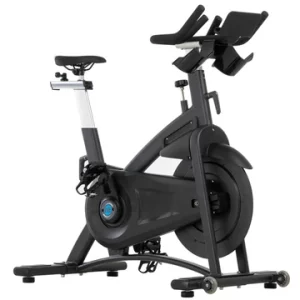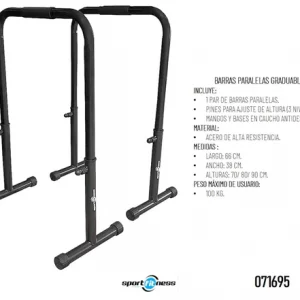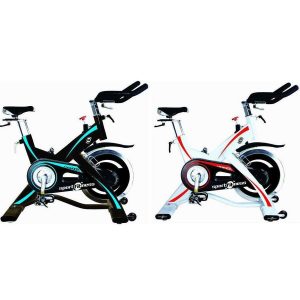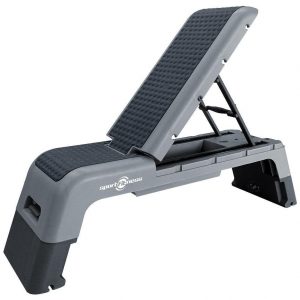Receta de desayuno de avena con proteína de Sascha Fitness
En Tienda Sport Fitness nos encanta esta receta de desayuno de avena con proteína de Sascha Fitness.
¿Cómo? ¿Que no has oído hablar de este producto? Pues ha entrado con fuerza en nuestra tienda, siendo un superventas gracias a su calidad. Además, no es el tipo de proteína que sólo podrás tomar en aburridos batidos. Te lo demostramos con nuestras deliciosas recetas.
Receta de desayuno de avena con proteína de Sascha Fitness
La receta de desayuno de avena con proteína de Sascha Fitness es muy fácil.
No te centres en la avena: esta receta aumenta el consumo de proteínas, aportando el sabor de este increíble producto a tu desayuno favorito.
Todo lo que necesitas es avena, leche al 2 % (o una leche sin lactosa de tu elección), proteína de Sascha Fitness de tu elección y arándanos. Toma esta receta y síguela paso a paso, usando semillas de cacao y frambuesas, u otra combinación de tu preferencia. ¡Pero que sea sana!
INGREDIENTES
1 porción:
- 1 taza de avena
- 1/2 taza de leche 2 %
- 1 taza de arándanos (frescos)
- 1 cucharada de proteína de Sascha Fitness.
PREPARACIÓN
Calienta la avena y la leche en el microondas durante 2 – 3 minutos. Puedes usar hasta una taza de leche, dependiendo de la consistencia que te guste de tu avena. Después, mezcla bien la proteína en polvo con la avena. Añade arándanos encima, o una fruta de bajo índice glucémico de tu elección. ¡Imaginación al poder!
Finalmente, sonríe mientras contemplas tu creación deliciosa. Ya ves que, con la receta de desayuno de avena con proteína de Sascha Fitness, no necesitas quedarte en un aburrido batido. Puedes disfrutar de esto cada día, y notarás el impacto positivo que tiene en tu salud y rendimiento.
Nuestros destacados

Set De Movilidad 3 EN 1 – Sport Fitness 71465
Original price was: $118.795.$95.036Current price is: $95.036. IVA Comprar Ahora
Lazo Para Salto JR4317 – Sport Fitness 71588
Original price was: $63.398.$50.718Current price is: $50.718. IVA Comprar Ahora
Bicicleta Spinning Magnética Benevento – 70396
Original price was: $3.590.517.$2.872.413Current price is: $2.872.413. IVA Comprar Ahora





